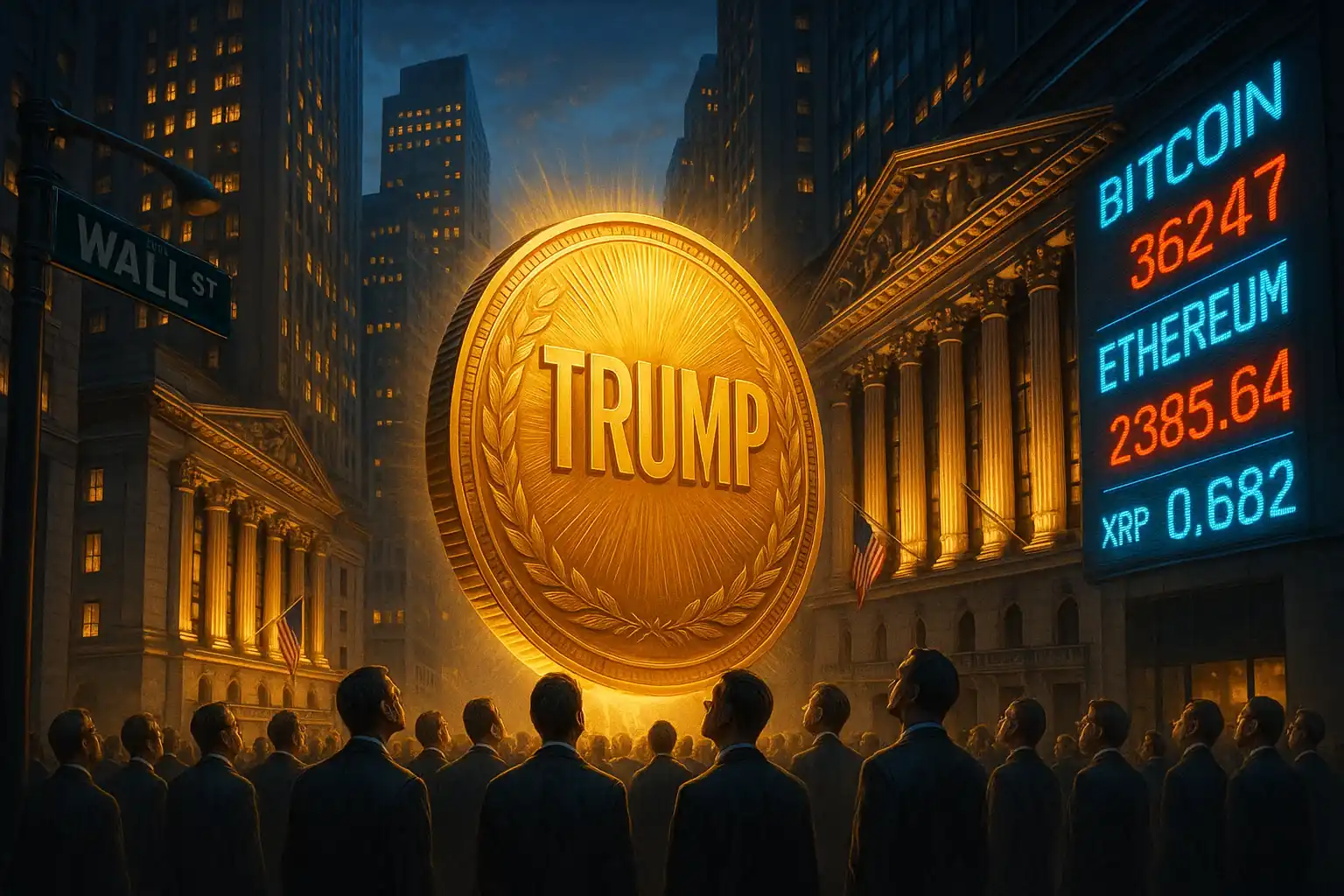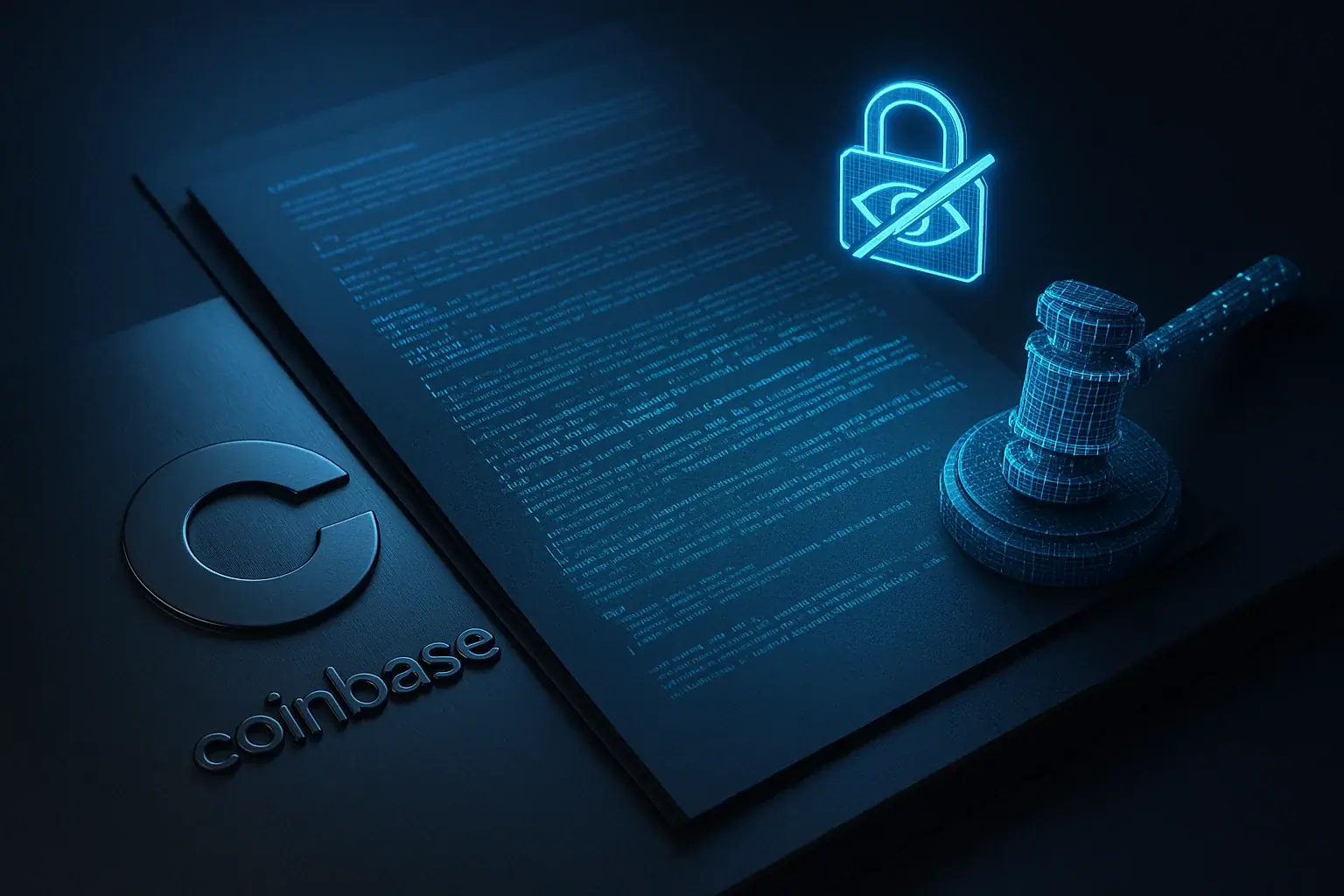The US Senate confirmed Paul Atkins as chairman of the SEC on 9 April, with 52 votes for and 44 against, marking a significant change in the agency's regulatory direction on digital assets.
All Republican senators supported the nomination, which represents a marked departure from the enforcement-focused approach taken by former chairman Gary Gensler.
Context and Transition
Paul Atkins will serve until June 2026, completing his term as he transitions from his previous roles as SEC commissioner and financial advisor to Wall Street.
Following Gensler's resignation in January, Mark Uyeda served as interim chairman until the new leader was appointed. During his short tenure, Uyeda initiated deregulatory efforts, including the cancellation of numerous proceedings against the crypto industry and the revocation of SAB Rule 121 regarding the safekeeping of cryptocurrencies by public entities.
Atkins has extensive experience, having previously served at the SEC between 2002 and 2008, and led Patomak Global Partners, a financial and digital asset advisory firm. He also headed the Token Alliance, a crypto industry advocacy group. According to ethics statements, he and his wife own $6 million worth of digital assets.
Regulatory Philosophy and Crypto Politics
Atkins' endorsement represents a distinct philosophical shift from Gensler's leadership. While Gensler has pursued over 100 enforcement actions against the crypto industry, Atkins supports a regulatory framework based on codified principles designed to promote innovation and protect investors.
During his confirmation hearing, Atkins stated that he wants to develop rational regulations on digital assets by working with the CFTC and Congress to resolve jurisdictional issues. This is a stark contrast to Gensler's approach, which classified almost all tokens as securities subject to existing regulation.
Crypto enthusiasts expect Atkins to accelerate policy development and approve ETF on digital assets such as XRP and Solana, as well as clearly define the differences between decentralised and centralised tokens. Possible 'safe harbours' and simplified compliance processes are also being discussed in the industry.
Market Implications and Reactions
Atkins intends to apply his deregulatory principles to both digital and traditional markets. He has expressed support for simplifying disclosure requirements for private companies and easing the rules for raising capital, as well as opening up the review of the definition of 'accredited investors'.
Tim Scott welcomed the appointment, speaking of 'regulatory clarity for digital assets'. Uyeda and other commissioners also welcomed Atkins' return. In contrast, Senator Elizabeth Warren criticised Atkins' ties to Wall Street and his role as a consultant at FTX, deeming them incompatible with the new position.
The SEC will now have to review its regulatory approach, while facing a reduction in staff. Atkins will have to balance institutional continuity with the implementation of his reformist agenda on crypto supervision and enforcement, including initiating a dialogue on potential self-regulatory bodies for digital markets. This confirmation marks a crucial turning point for the SEC and the entire financial sector.









